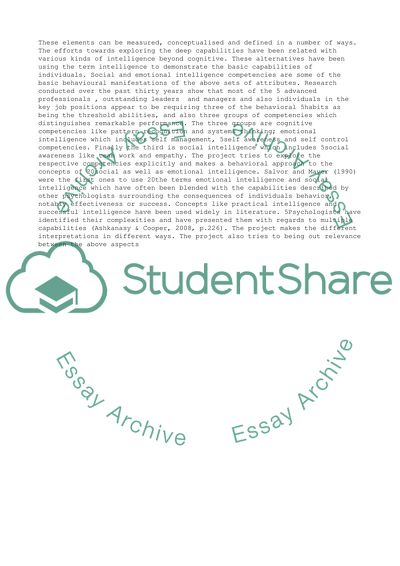Cite this document
(Research Essay (PoL) Example | Topics and Well Written Essays - 1750 words - 1, n.d.)
Research Essay (PoL) Example | Topics and Well Written Essays - 1750 words - 1. https://studentshare.org/management/1753813-research-essay-pol
Research Essay (PoL) Example | Topics and Well Written Essays - 1750 words - 1. https://studentshare.org/management/1753813-research-essay-pol
(Research Essay (PoL) Example | Topics and Well Written Essays - 1750 Words - 1)
Research Essay (PoL) Example | Topics and Well Written Essays - 1750 Words - 1. https://studentshare.org/management/1753813-research-essay-pol.
Research Essay (PoL) Example | Topics and Well Written Essays - 1750 Words - 1. https://studentshare.org/management/1753813-research-essay-pol.
“Research Essay (PoL) Example | Topics and Well Written Essays - 1750 Words - 1”. https://studentshare.org/management/1753813-research-essay-pol.


